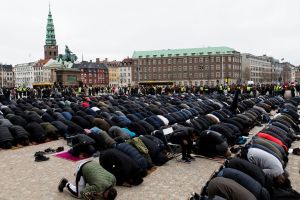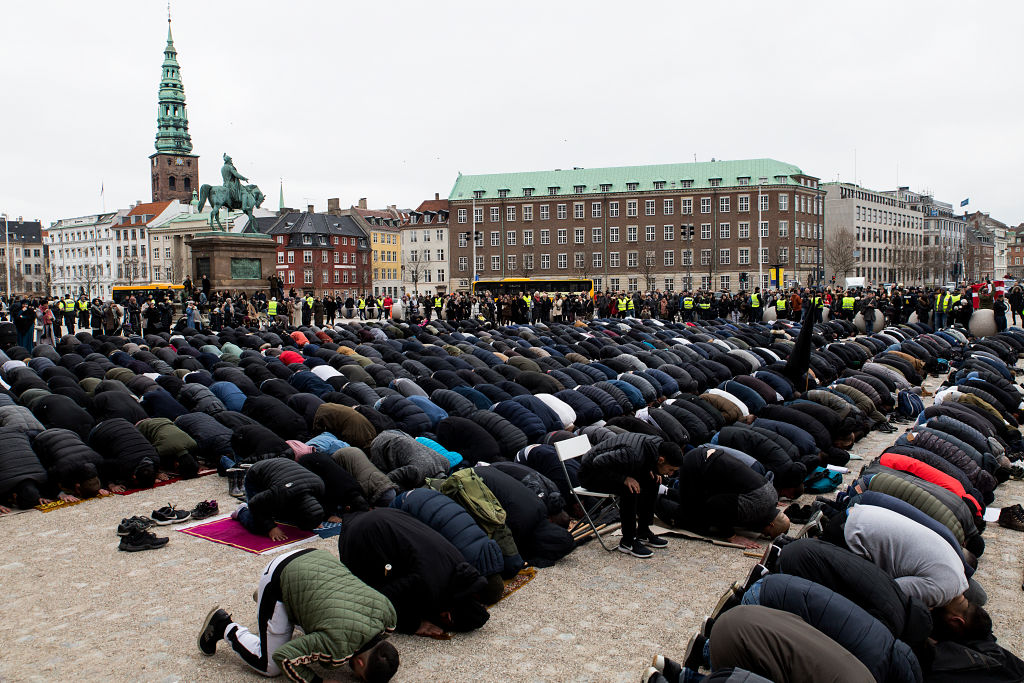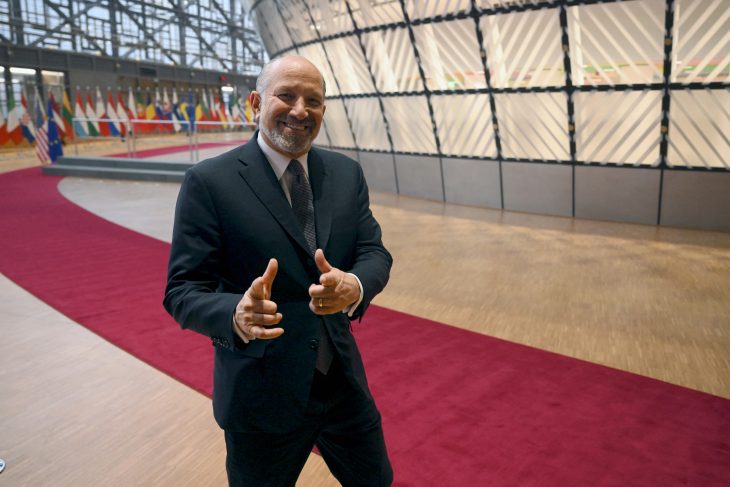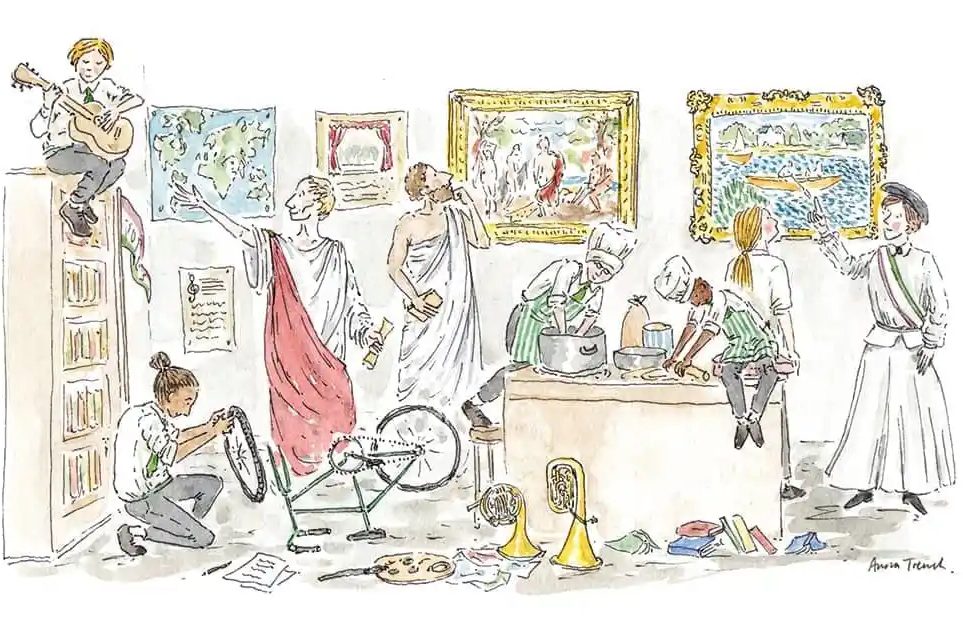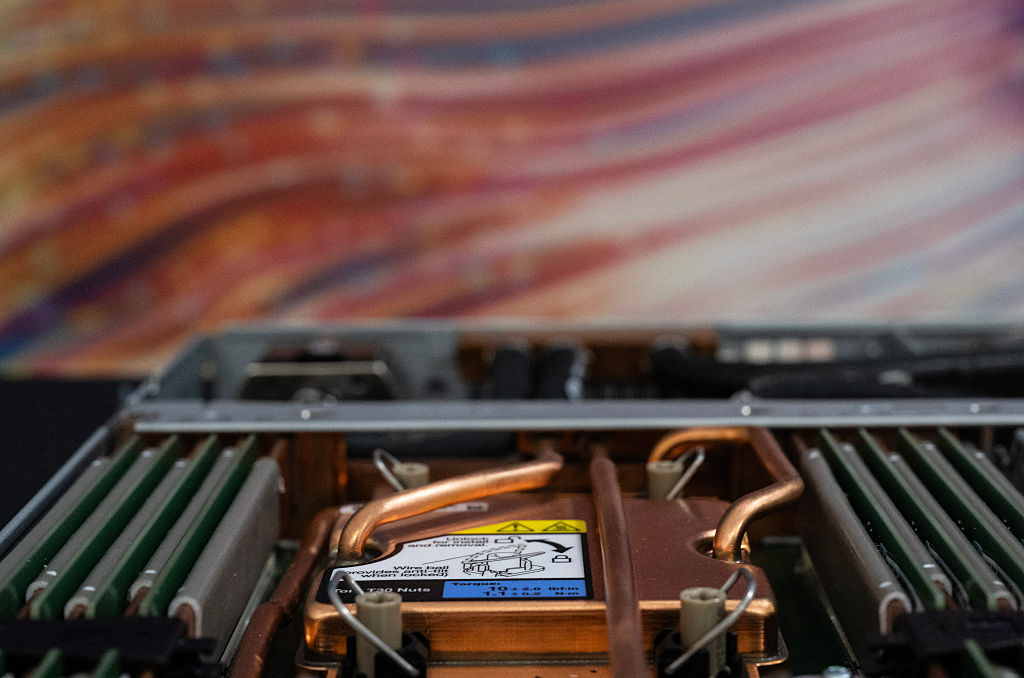This week, US Vice President J.D. Vance leveled a blistering critique at Europe, accusing it of “committing civilizational suicide,” and Germany in particular of bringing about its own demise, saying:
“If you have a country like Germany, where you have another few million immigrants come in from countries that are totally culturally incompatible with Germany, then it doesn’t matter what I think about Europe… Germany will have killed itself, and I hope they don’t do that, because I love Germany and I want Germany to thrive.”
While some dismissed his remarks as yet another post-Munich Security Conference jab, Vance insisted his concerns for Germany were sincere. And he seems to have a point.
While the US watches these developments from afar, the German mainstream media continues to push the narrative that the country needs 400,000 “skilled workers” annually. This is despite the fact that nearly four million able-bodied people of working age already receive benefits, almost half of whom are non-German citizens. When you include those with German passports who were born overseas, the number rises to around 64 percent. So, where did it all go wrong for Germany on migration and refugee policy?
It began with the Gastarbeiter (“guest workers”) invited during the post-war economic boom under Chancellor Konrad Adenauer and his minister for economic affairs (and future Chancellor) Ludwig Erhard. Starting in 1955, Germany recruited labour from Greece, Italy, Spain, and Turkey. What began with 300,000 workers in the 1960s ballooned to 2.6 million by 1973. The introduction of family reunification turned these guests into permanent residents. Although there were efforts to curb immigration and encourage return migration as late as the 1990s, they met with little success. Germany is simply a nicer place to live than Turkey, even if Germans of Turkish origin set off fireworks to celebrate Erdogan’s election victories.
The floodgates were fully thrown open in 2015 by then-Chancellor Angela Merkel, when she allowed Syrian migrants to enter Europe. Millions of asylum seekers and economic migrants made their way across Europe with little to no vetting. Even though the Syrian civil war has come to an end, almost none want to return home, and a combination of family reunion and lax borders means that asylum seekers keep coming in large numbers.
In contrast to the Netherlands and Denmark, Germany has not produced a comprehensive recent cost-benefit analysis of migration. No official lifetime cost estimates exist. Yet the consequences are increasingly visible: rising violent crime, public schools where students of migrant backgrounds make up 42 percent of the pupils (with some schools reaching 90 percent), cultural fragmentation, and an overburdened welfare and healthcare system. Even Germany’s once-abundant tax revenues are no longer enough. A €172 billion (approximately $119 billion) budget shortfall looms, worsened by promises such as a special pension for mothers. Meanwhile, the government is floating the idea of a “Boomer-Soli,” a new tax on “big pensions” above €1,000 ($1,158) per month.
The warning lights are flashing, but the government continues to kick the can down the road. Painful, necessary reforms to the welfare state, pensions, and immigration policy are endlessly postponed or even ignored.
Instead, policymakers debate introducing migrant quotas in public schools, some of which already serve only halal food and have reportedly abandoned Christmas celebrations in favor of mandatory Ramadan events.
Meanwhile, thousands of individuals in Germany have faced lawsuits for sharing memes, voicing criticism, or insulting politicians. Most of these cases were brought by politicians from the left: the Green party, the Free democrats (FDP) and the Social Democratic party (SPD). In one case, a pensioner was subjected to a police search and later sentenced simply for sharing a meme. A journalist from a right-wing populist publication received a suspended prison sentence and a fine for posting an image of former Interior Minister Nancy Faeser edited so that she was holding a sign that read: “I hate freedom of speech.”
Economically, things look equally bleak. After a disastrous trade deal between the EU and the Trump administration, Germany’s once-mighty automotive industry faces another blow amid already collapsing revenues. Even the unions seem more focused on climate activism and class struggle than job security. Well-paid industrial jobs, they hope, will be preserved by the “green economy.” Some hope.
After five years without significant economic growth, any rational politician should be deeply alarmed. Instead, Chancellor Friedrich Merz touts vague promises that 61 companies are ready to invest €631 billion ($730 billion) in Germany. He seems to hold the misguided view that subsidies alone can salvage what remains of Germany’s crumbling economic model.
It is a sobering reality when the Vice President of a foreign country appears more concerned with Germany’s future and problems than its own political class.











